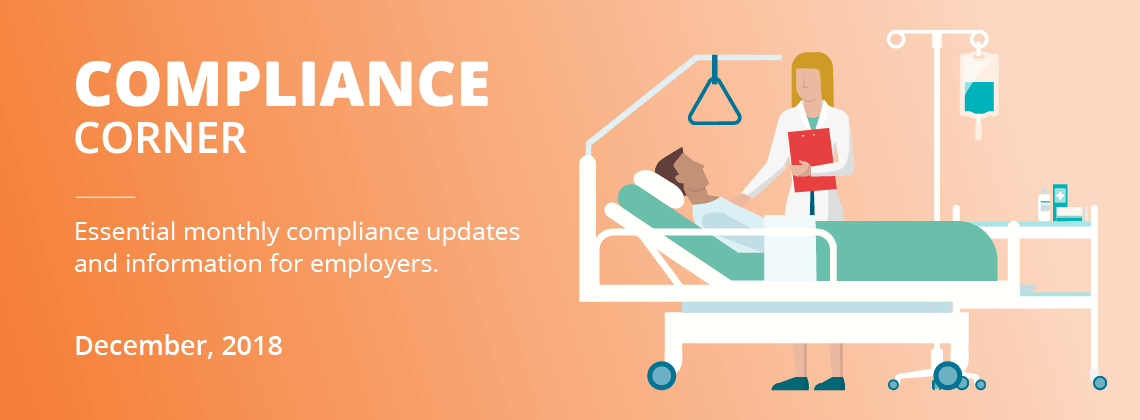Can FMLA Leave Be Used to Care for an Adult Child?


Paul Kramer
Director of Compliance
Since its enactment in 1993, the FMLA has been a boon for employees who are parents of young children. FMLA leave is frequently used by parents to bond with a newborn or to care for a child under age 18 who has a serious health condition. But suppose an employee requests FMLA leave to care for a son or daughter 18 years or older who was badly injured in a car accident, suffers from depression, or has some other serious illness or injury; is FMLA leave available in these circumstances? Although FMLA leave is more commonly used to care for minor children than adult children, it can be taken to care for a child 18 years of age or older if the following conditions are met:
Son or daughter.
The son or daughter must be the employee’s biological, adopted, or foster child, a stepchild, a legal ward, or an in loco parentis child. In loco parentis refers to situations where employees put themselves in the role of a parent by assuming and discharging parental obligations to a child even if there is no legal or biological relationship between them.
Incapable of self-care.
The child must be incapable of self-care at the time of the leave. “Incapable of self-care” means active assistance or supervision is needed in three or more activities of daily living (ADLs) or instrumental activities of daily living (IADLs). ADLs include appropriate grooming and hygiene, bathing, dressing, and eating. IADLs include cooking, cleaning, shopping, taking public transportation, paying bills, maintaining a residence, and using the telephone. These lists are not exclusive, however, and may require consideration of other activities such as assistance with medication management.
Digitalize Compliance Processes to Reduce Risk
Learn more effective ways to demonstrate compliance with the complex matrix of labor laws, while also keeping costs down and reducing risks.
Mental or physical disability.
The incapability for self-care must be because of a mental or physical disability, as defined by the Americans with Disabilities Act, at the time the FMLA leave is to commence. Whether the disability originated before or after the child turned 18 does not matter. The FMLA covers adult children suffering from a disability that occurred before or after age 18. And remember, the definition of disability should be construed in favor of broad coverage which enables more parents to take FMLA leave for an adult son or daughter.
Serious health condition.
The adult child must have a serious health condition for which they need care. To qualify as a serious health condition the condition must generally involve inpatient care; an incapacity of more than three consecutive days with ongoing medical treatment; a chronic serious condition; an incapacity relating to pregnancy or prenatal care; or a long-term incapacity.

Needed to care for.
The employee must be needed to care for the child. “Needed to care for” encompasses both physical and psychological care such as providing for hygiene, nutritional needs, safety, transportation to the doctor, or giving psychological comfort.
FMLA eligibility must be evaluated.
Employers must be sensitive to FMLA leave requests to care for an adult son or daughter. Those involved in the FMLA decision-making process must be adequately trained in this area and should not assume that adult children are not covered. As with all FMLA leave requests, eligibility must be evaluated on a case-by-case basis and will depend on all the facts. The FMLA is complex and consulting with an attorney or using a workforce management solution that manages leaves from beginning to end are the best ways to ensure compliance with this complicated legislation.
More Awesome Content!
Nucleus Insights from WorkForce Customers Research Note
Nucleus Research interviews WorkForce customers who validate why we’re ranked the #1 WFM enterprise vendor for 10 consecutive years.
5 Workforce Management Secrets to Thrive in 2021 and Beyond
Download this eBook to learn the 5 secrets that will help your organization shift from surviving to thriving now and in the future and learn how the right workforce management solution can empower your initiatives.
Streamlining Complex Workforce Compliance Requirements Boosts Productivity
Discover how workforce compliance software helps EMEA organisations navigate complex legislation, enhance compliance and boost operational efficiency.




